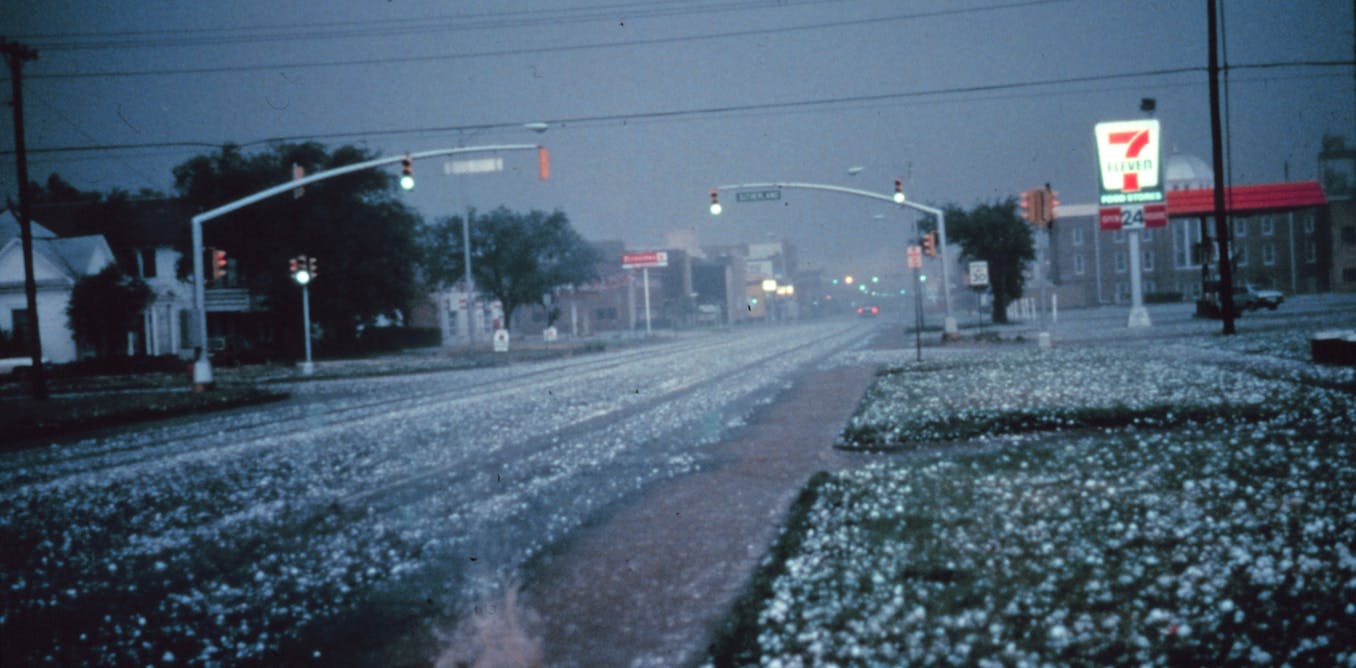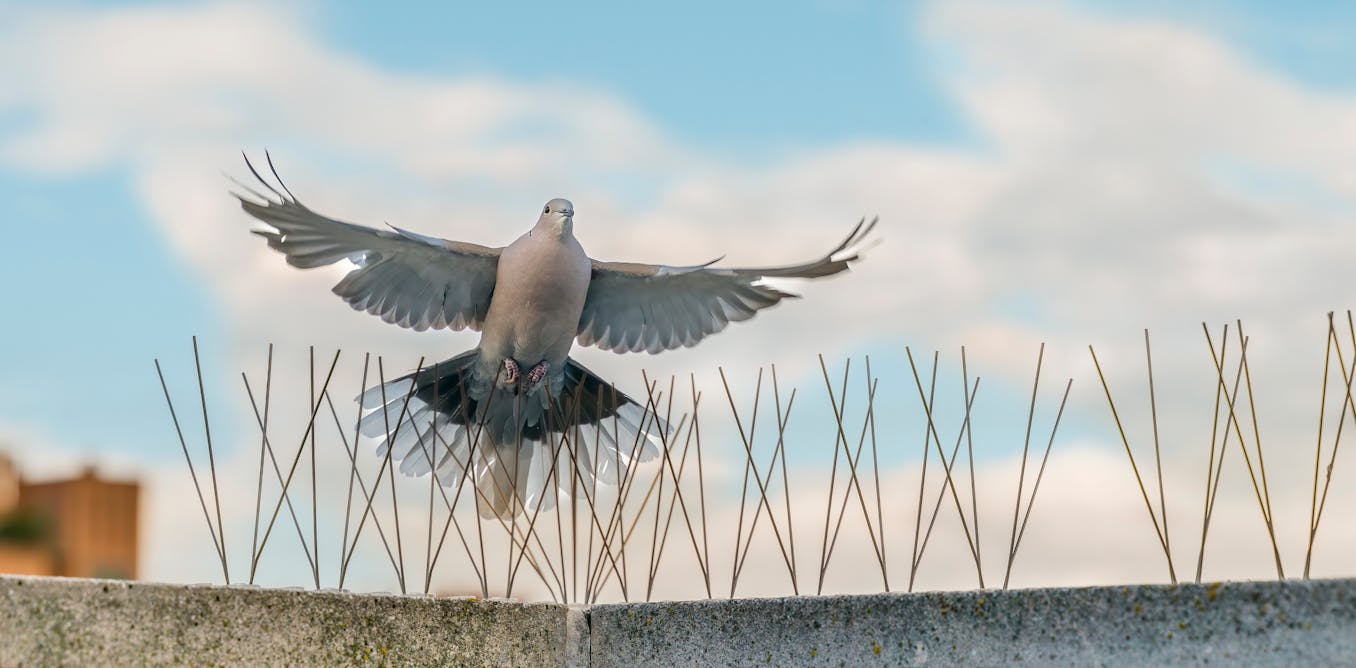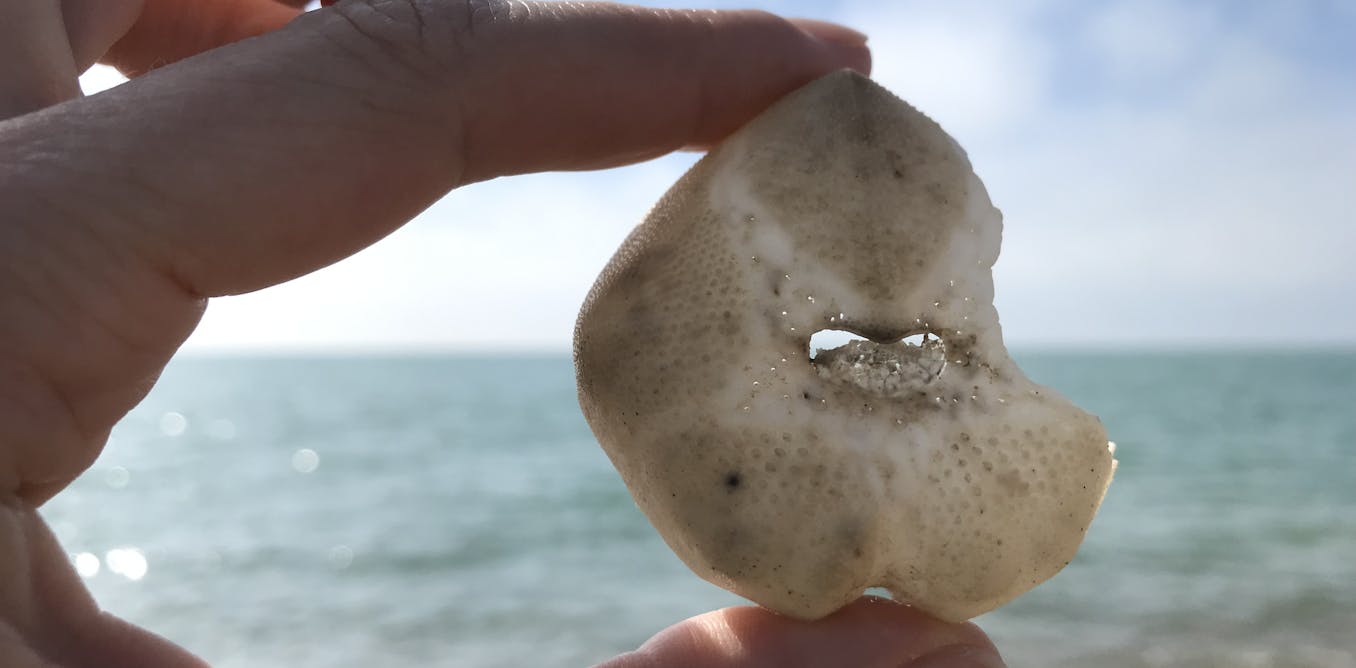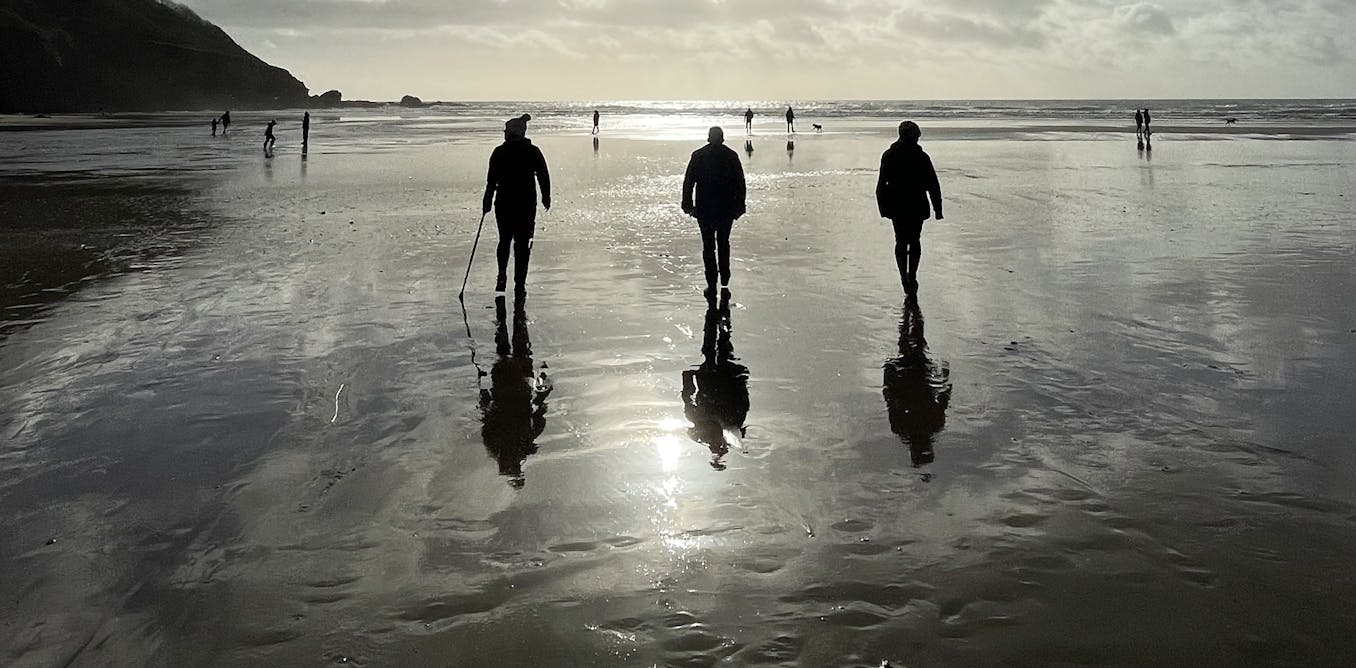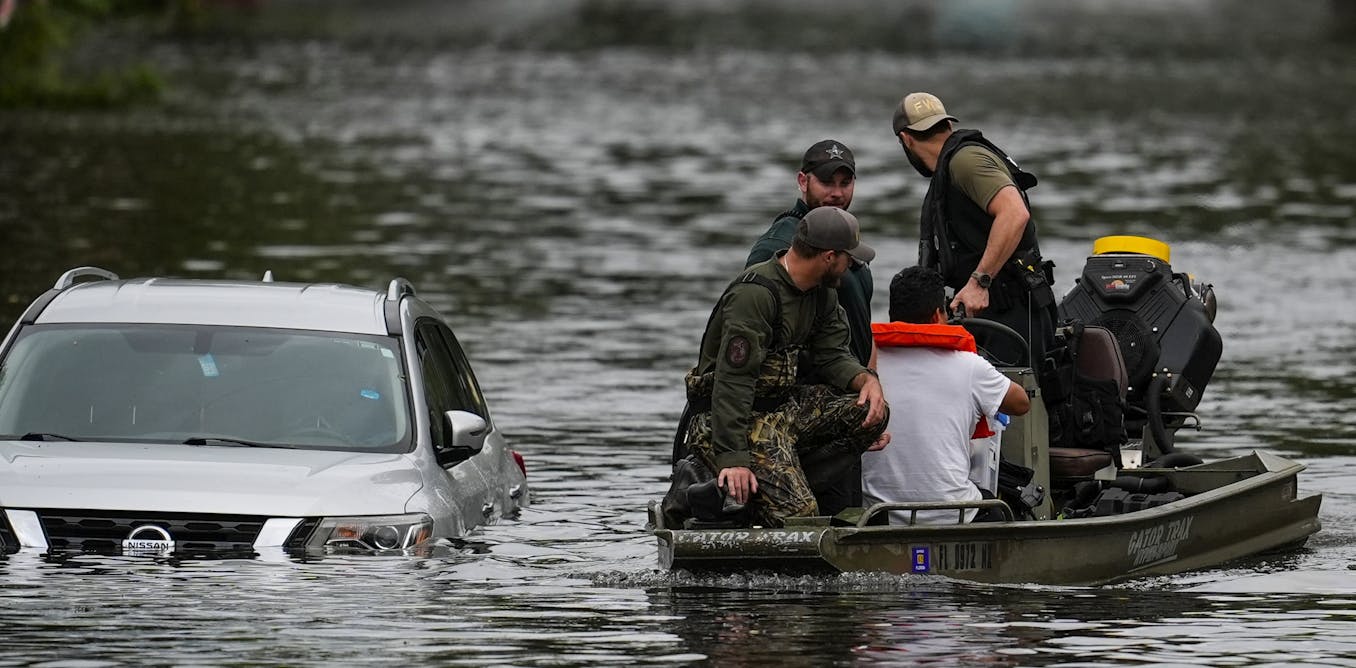Storm damage costs are often a mystery – that’s a problem for understanding extreme weather risk
Forecasters already patch together very rough estimates, and ending NOAA’s ‘billion-dollar disasters’ list means less access to insurance data. Texas’ state climatologists explain why that matters.
June 4, 2025 • ~9 min

